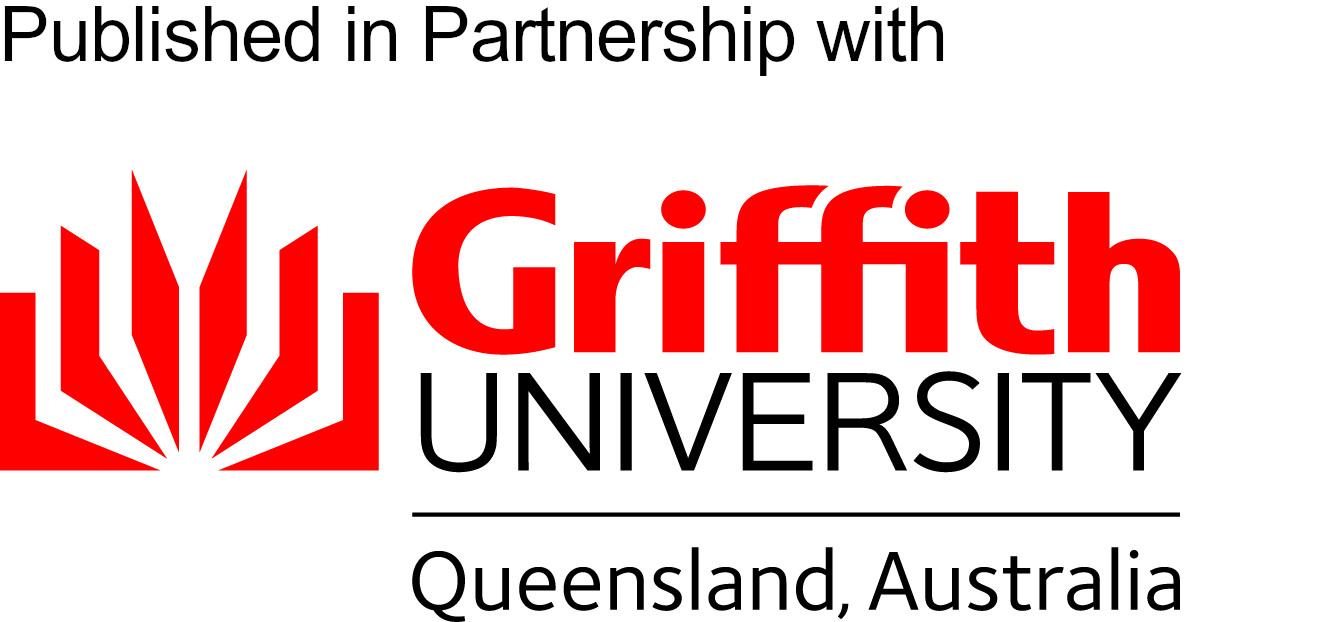Principled action by young people
R4Respect
DOI:
https://doi.org/10.1017/qre.2017.13Keywords:
R4Respect, youth participation models, social change, Tiffany-Eckenrode Program Participation Scale (TEPPS), Good Practice PrinciplesAbstract
There is an international movement promoting youth participation models and principles to empower more young people to be active in positive social change. To counter the prevalence of domestic violence, young people are more often targets of change rather than the instigators. Primary prevention of domestic violence is being pursued through gender-based respectful relationships education with young people. Generally, these programs are delivered using conventional adult educator models. In this study, the first year of activity of an emerging youth-led program for delivering respectful relationships education (R4Respect) is evaluated through the views of the young participants, aged from sixteen to twenty-four years, and non-participant adult stakeholders. The development of the model was guided by Good Practice Principles for Youth Development (Seymour 2012). The program is assessed using the Tiffany–Eckenrode Program Participation Scale (TEPPS) (Tiffany et al. 2012). For this article, the major themes of the study were reviewed to identify those most relevant to the Good Practice Principles. The study affirms the importance of these principles to building a participatory model in which young people feel valued and supported. Increased funding, capacity, and greater clarity and fairness in roles and responsibilities among the youth participants are suggested as program improvements.
References
Attride-Stirling J. 2001. ‘Thematic networks: an analytical tool for qualitative research’, Qualitative Research 1: 385–406.
Australian National Research Organisation for Women’s Safety (ANROWS) 2016, Violence against women: Key statistics, http://anrows.org.au/sites/default/files/Violence-Against-Australian-Women-Key-Statistics.pdf.
Braun V. and Clarke V. 2006. ‘Using thematic analysis in psychology’, Qualitative Research in Psychology 3: 77–101.
Brown L.D., Redelfs A.H., Taylor T.J. and Messer R.L. 2015, ‘Comparing the functioning of youth and adult partnerships for health promotion’, American Journal of Community Psychology 56(1–2): 25–35.
Delgardo M. and Staples L. 2008, Youth-led community organizing: Theory and action, New York: Oxford University Press.
Denison J., Tsui S., Bratt J., Torpey K., Weaver M. and Kabaso M. 2012. ‘Do peer educators make a difference? An evaluation of a youth-led HIV prevention model in Zambian Schools’, Health Education Research, 27(2): 237–47.
Department of Education Victoria 2016. Respectful relationships teaching and learning materials, http://www.education.vic.gov.au/about/programs/health/Pages/respectfulrelmaterials.aspx.
Heath S., Brooks R., Cleaver R. and Ireland E. 2009. Researching young people’s lives. London: Sage.
Jacquez F., Vaughn L. and Wagner E. 2013. ‘Youth as partners, participants, or passive recipients: A review of children and adolescents in community-based participatory research’, American Journal of Community Psychology 51: 176–89.
Kirby P. 2004, A guide to actively involving young people in research: For researchers, research commissioners and managers. Eastleigh: INVOLVE, http://www.invo.org.uk/posttypepublication/a-guide-to-actively-involving-young-people-in-research.
Logan City Council 2013. Cultural Diversity Strategy, http://www.logan.qld.gov.au/__data/assets/pdf_file/0011/354395/Cultural-Diversity-Strategy-Logan-City-Council-2013-2016.pdf.
National Association for the Prevention of Child Abuse and Neglect (NAPCAN) 2017.
Our programs: LoveBites, http://napcan.org.au/our-programs/love-bites.
National Plan to Reduce Violence Against Women and Children (2010–22) 2016. Third action plan. Canberra: Australian Government, https://www.dss.gov.au/women/programs-services/reducing-violence/third-action-plan.
Oaktree Foundation 2016. ‘Volunteer’, http://www.oaktree.org/volunteer.
Our Watch 2015. The Line Campaign: Survey of research findings, Hall and Partners/Open Mind, http://www.ourwatch.org.au/News-media-%281%29/News-Media/New-research-shows-need-to-challenge-violence-supp.
Our Watch 2016. ‘Reflections from the 2016 Prevalent and Preventable Conference’, https://www.ourwatch.org.au/News-media/Latest-news/Reflections-from-the-2016-Prevalent-and-Preventable.
Restless Development 2016, Gender based violence training manual, http://restlessdevelopment.org/file/restless-sl-gbv-training-manual-2103-14-pdf.
Roth J.L. and Brooks-Gunn J. 2003. ‘What exactly is a youth development program? Answers from research and practice’, Applied Developmental Science, 7: 94–111.
Seymour K. 2012, Good practice principles for youth development organisations, 2nd ed. Brisbane: Key Centre for Ethics, Law, Justice and Governance, Griffith University.
Sharpe D. 2012, ‘Children, young people and social policy: Methodological challenges of youth-led research’, in S. Heath and C. Walker (eds), Innovations in researching youth. London: Palgrave.
Stanley N., Ellis J., Farrelly N., Hollinghurst S., Bailey S. and Downe S. 2015. Preventing domestic abuse for children and young people (PEACH): A mixed knowledge scoping review, special issue of Public Health Research 3(7).
Tiffany J.S. Exner-Cortens D. and Eckenrode J. 2012. ‘A new measure for assessing Youth Program Participation’, Journal of Community Psychology, 40(3): 277–91.
United Nations Children’s Fund (UNCF) 2012. Evaluation of adolescents as agents of positive change program 2005-2011: Phase One and Two. Geneva: United Nations Children’s Fund, http://www.addc.org.au/documents/resources/menaro_evaluation_of_adolescents-agents_of_positive_change_unicef_sida_kartini_jan15-12_1122.pdf.
United Nations Development Program (UNDP) 2014. Youth Strategy 2014–2017, http://www.undp.org/content/dam/undp/library/Democratic%20Governance/Youth/UNDP_Youth-Strategy-2014-17_Web.pdf.
Valente T. Ritt-Olson A. Stacy A. Unger J. and Okamoto J. 2007. ‘Peer acceleration: Effects of a social network tailored substance abuse prevention program among high-risk adolescents’. Addiction 102(11): 1804–15.
Walker D., Pereznieto P., Bergh G. and Smith K. 2014. Young people and governance in a post-2015 world. London: Overseas Development Institute (ODI), Plan UK and Restless Development, http://restlessdevelopment.org/file/partners-for-change-young-people-and-governance-in-a-post-2015-world-pdf.
Wong N.T., Zimmerman M.A. and Parker E.A. 2010. ‘A typology of youth participation and empowerment for child and adolescent health promotion’, American Journal of Community Psychology 46: 100–14.
YFS Ltd 2017. R4Respect, http://www.yfs.org.au/r4respect.
Zeldin S., Krauss S., Collura J., Lucchesi M. and Sulaiman A. 2014. ‘Conceptualizing and measuring youth–adult partnership in community programs: A cross national study’, American Journal of Community Psychology 54: 337–44.





